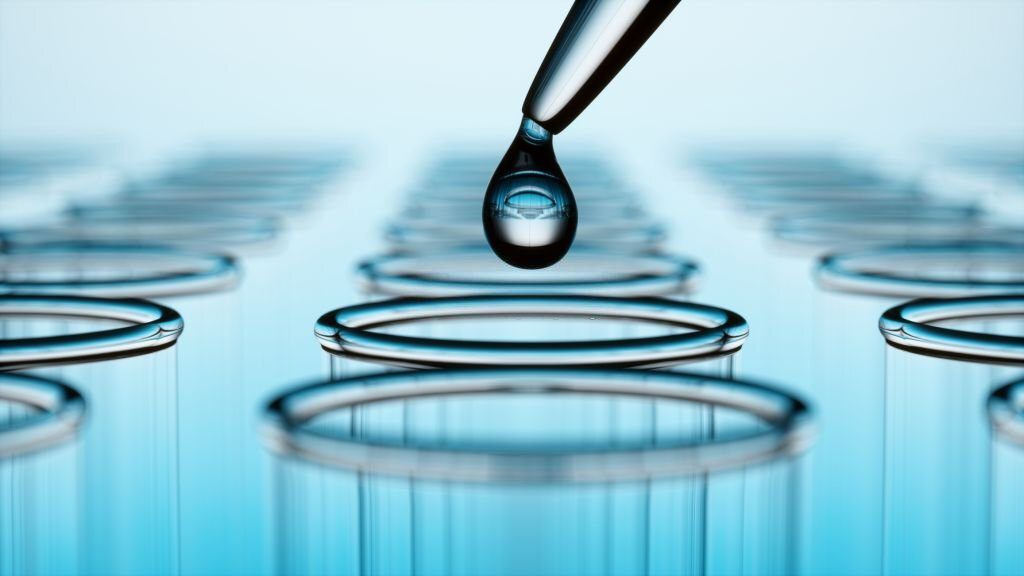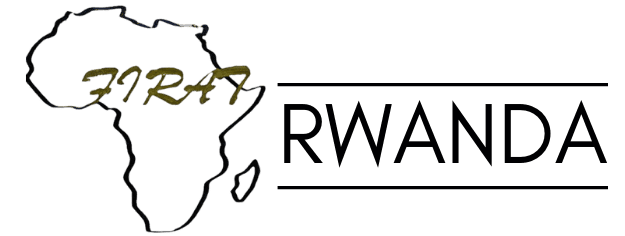Water, Food and Agriculture Research and Training Division
A huge amount of money is spent every year to ensure clean water sources are available in many parts of the world including Africa, yet so many people still lack access. Efforts to drive clean water solutions through using state-of-the-art technology and innovation have remained a priority. In the absence of such clean drinkable water, communities suffer from preventable infectious diseases, poor harvests, and poor living conditions. It is well known that both urban and rural communities depend on a safe and reliable water supply for a wide range of activities from irrigation to drinking, to manufacturing processes.
It is also evident that sustainable sources are vital to life, industry, and energy production. Food and Agriculture Organization of the United Nations envisioned a ‘world free from hunger and malnutrition, where food and agriculture contribute to improving the living standards of all, especially the poorest, in an economically, socially and environmentally sustainable manner’. Research is key to achieving this laudable vision.

FIRAT position itself to engage in the actualization of the actions required to find solution to the challenges as identified in the 2017 FAO report (FAO. 2017. The future of food and agriculture – Trends and challenges. Rome). The report gives a common understanding of the major long-term trends and challenges that will determine the future of food security and nutrition, rural poverty, the efficiency of food systems, and the sustainability and resilience of rural livelihoods, agricultural systems, and their natural resource base. To drive home the points, the excerpt below gives insight into the need for research and training-
“Looking ahead, the core question is whether today’s agriculture and food systems are capable of meeting the needs of a global population that is projected to reach more than 9 billion by mid-century and may peak at more than 11 billion by the end of the century. Can we achieve the required production increases, even as the pressures on already scarce land and water resources and the negative impacts of climate change intensify? The consensus view is that current systems are likely capable of producing enough food, but to do so in an inclusive and sustainable manner will require major transformations. This raises further questions. Can agriculture meet unprecedented demand for food in ways that ensure that the use of the natural resource base is sustainable, while containing greenhouse gas emissions and mitigating the impacts of climate change? Can the world secure access to adequate food for all, especially in the low-income regions where population growth is the most rapid? Can agricultural sectors and rural economies be transformed in ways that provide more and better employment and income earning opportunities, especially for youth and women, and help stem mass migration to cities with limited labour-absorptive capacity?”
Water, Food, and Agriculture in the light of the Sustainable Development Goals (SDGs) and many other concerns as it affects Nigeria and African countries are addressed by our team of researchers in this Division from the different departments below-
- Department Water and Resource Management
- Department of Food and Agriculture
- Botany and Plant Conservation Research
- Food, Technology, and Production Research
- Agricultural Research and Services
- Center for Agriculture Satellite Stations (Research and Training)
